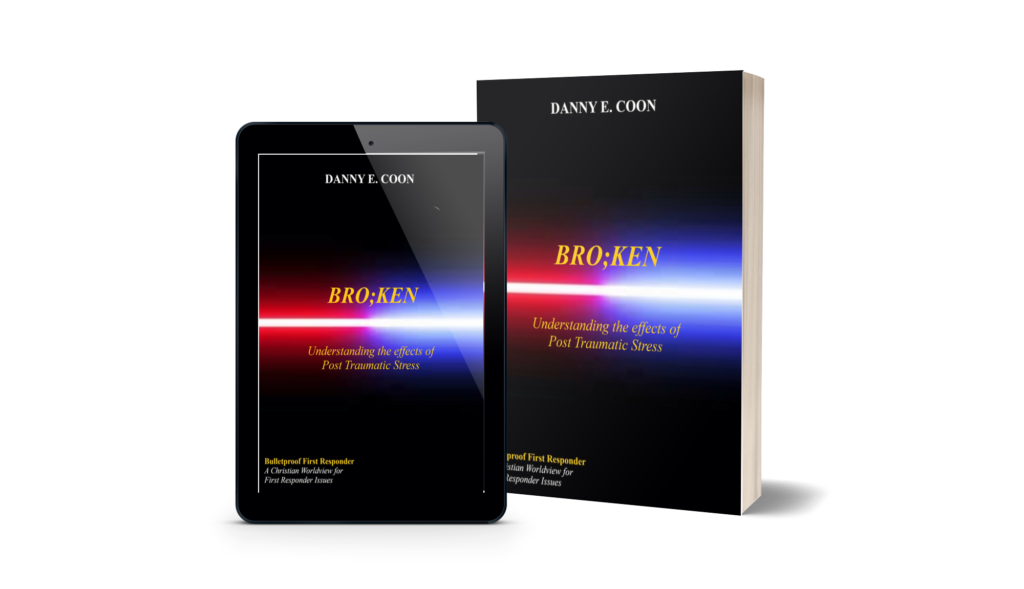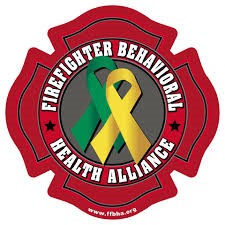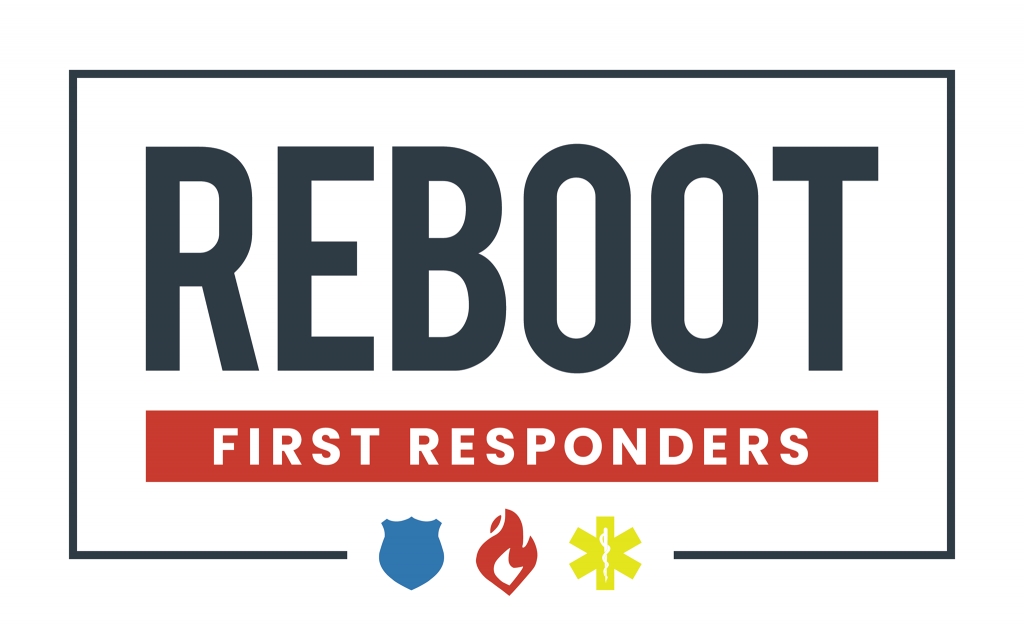Pride & Envy
Pride leads to disgrace, but with humility comes wisdom. Proverbs 11:2
A heart at peace gives life to the body, but envy rots the bones. Proverbs 14:30
Used as a verb, first responders have a great sense of pride for the accomplishments and skills we have learned. We take great pride in our ability to handle any situation, in our knowledge and in our uniform. However, pride has an evil twin, pride as a noun.
As a noun, the KJV dictionary defines PRIDE as:
- Inordinate self-esteem; an unreasonable conceit of one’s own superiority in talents, beauty, wealth, accomplishments, rank, or elevation in office, which manifests itself in lofty airs, distance, reserve, and often in contempt of others.
- Insolence; rude treatment of others; insolent exultation.
- Generous elation of heart; a noble self-esteem springing from a consciousness of worth.
- Elevation; loftiness.
The late Anglican cleric and theologian John R.W. Stott once said, “Pride is your greatest enemy; humility is your greatest friend.” Being prideful is something we can all fall into. We become arrogant, overconfident, and insecure. We think less of others and become disdainful. The wealthy, powerful, successful, renowned, and varied celebrities and some religious leaders are prone to arrogance and pride.
Pride is the beginning of all sin, the “cancer” of the soul. Renowned Baptist preacher Charles H. Spurgeon once said, “Pride is so natural to fallen man that it springs up in his heart like weeds in a well-watered garden … its every touch is evil. You may hunt down this fox and think you have destroyed it, and lo! Your very exultation is pride. None have more pride than those who dream that they have none. Pride is a sin with a thousand lives; it seems impossible to kill it.” Because it leads to all other sins, pride is the most lethal. Pride is delusionary, nasty, and bitter. Pride is the number one tool of Satan.
In his book Mere Christianity (New York: Simon & Schuster Touchstone edition, 1996, pg 109,111), C.S. Lewis writes, “Pride leads to every other vice: it is the complete anti-God state of mind…… it is Pride which has been the chief cause of misery in every nation and every family since the world began.
Of the seven deadly sins; pride, envy, anger, gluttony, sloth, lust, and greed; pride is the worst. “For the world offers only a craving for physical pleasure, a craving for everything we see, and pride in our achievements and possessions. These are not from the Father, but are from this world.” 1 John 2:16.
Every dispute you face includes a bit of pride. We have an “I” problem; we believe it is all about us. “I” is the middle letter in “pride,” the middle letter in “crime,” and the middle letter in the word” sin.” American culture’s broad, chronic concern with self is rooted in pride. It can create or intensify our emotional suffering.
Pride is a cynical and callous attitude toward people. It is an attitude of self-sufficiency, self-importance, and self-exaltation; and is associated with the wicked, the arrogant, and the presumptuous.
The book of Proverbs, written by King Solomon, tells us a lot about pride. Proverbs 16:18 says, “Pride goes before destruction, and haughtiness before a fall.” Proverbs 8:13 says, “All who fear the Lord will hate evil. Therefore, I hate pride and arrogance, corruption and perverse speech.” Proverbs 11:2 says, “Pride leads to disgrace, but with humility comes wisdom.” Proverbs 16.5 tells us, “The Lord detests the proud; they will surely be punished.” And Proverbs 13:10 says,“Pride leads to conflict; those who take advice are wise.” King David wrote in Psalms,“The wicked are too proud to seek God. They seem to think that God is dead.” Psalms 10:4.
While pride motivates and helps us strive for long-term benefits, envy, brought on by others’ success, is unpleasant and coexists with pride. Envy stems from a social comparison with a superior standard. Its two distinct forms are directed at changing this situation in different ways, either by becoming as successful as the envied person (in benign envy) or by lowering the envied person’s advantage (in malicious envy).[1]
Envy appears when we are unhappy with our own life. It occurs when we strongly desire success, connection, or admiration from others. It metastasizes into a powerful virus that destroys our self-esteem and confidence. Envy is due to an absence of faith in God, who is all-powerful, loves you passionately, and has great plans for your life.
While often used synonymously, envy and jealousy are not the same. Envy always has an outward spotlight: we want something, someone, or someone else’s characteristics. We are unhappy or bitter about not having it. Jealousy is usually mentioned in the more confined setting of defending one’s possessions or relationships, particularly romantic ones.
Envy results from unholy comparison, which is the result of pride. Envy is practically considered a virtue in our material world. Marketers spend billions of dollars to persuade you that you are unhappy with your life. But make no mistake: the Bible still considers envy a sin.
Why is envy a sin? Written in stone by God, the Ten Commandants were God’s laws. “You must not covet your neighbor’s house. You must not covet your neighbor’s wife, male or female servant, ox or donkey, or anything else that belongs to your neighbor” Exodus 20:17. “Covet” is another word for envy.
Envy is also a catalyst for other sins. “You want what you don’t have, so you scheme and kill to get it. You are envious of what others have, but you can’t get it, so you fight and wage war to take it away from them. Yet you don’t have what you want because you don’t ask God for it. And even when you ask, you don’t get it because your motives are all wrong—you want only what will give you pleasure.” James 4:2-3.
Envy is unpleasant and dangerous. “For where you have envy and selfish ambition, there you find disorder and every evil practice,” James 3:16.
To overcome the sins of pride and envy, we must learn humility. “True humility and fear of the Lord lead to riches, honor, and long life,” Proverbs 22:4. Humility is freedom from pride or arrogance.
In the Bible, humility or humbleness is a quality of being courteously respectful of others. It is the opposite of aggressiveness, arrogance, boastfulness, and vanity. Rather than, “Me first,” humility allows us to say, “No, you first, my friend.” Humility is the quality that lets us go more than halfway to meet the needs and demands of others.[2]
Friendships and marriages are dissolved over angry words. Resentments divide families and co-workers. Prejudice separates race from race and religion from religion. Reputations are destroyed by malicious gossip. Greed puts enmity between rich and poor. Wars are fought over arrogant assertions.[3]
Humility as a virtue is a major theme of both the Old and New Testaments. Why do qualities such as courtesy, patience, and deference have such a prominent place in the Bible? It is because a demeanor of humility is exactly what is needed to live in peace and harmony with all persons. Humility dissipates anger and heals old wounds. Humility allows us to see the dignity and worth of all God’s people. Humility distinguishes the wise leader from the arrogant power-seeker.[4]
Pride and envy close the way to spiritual development, but humility provides a path to more of God’s grace in your life. God bestows calm, tranquility, and tenderness on the humble. Humility is the soil in which the fruit of the Spirit develops. Spiritual development demands humility.
As first responders, we have answered to a unique calling and profession that requires certain aptitudes, commitment, training, and preparedness for duty. We fill places in our society that people cannot live without, regardless of whether you’re a firefighter, a police officer, a paramedic, an EMS ambulance driver, an emergency room nurse, or a doctor. We must remember God is the ultimate First Responder; he is the First Responder in all situations in life.
Do you have a personal relationship with God? If not, click here









